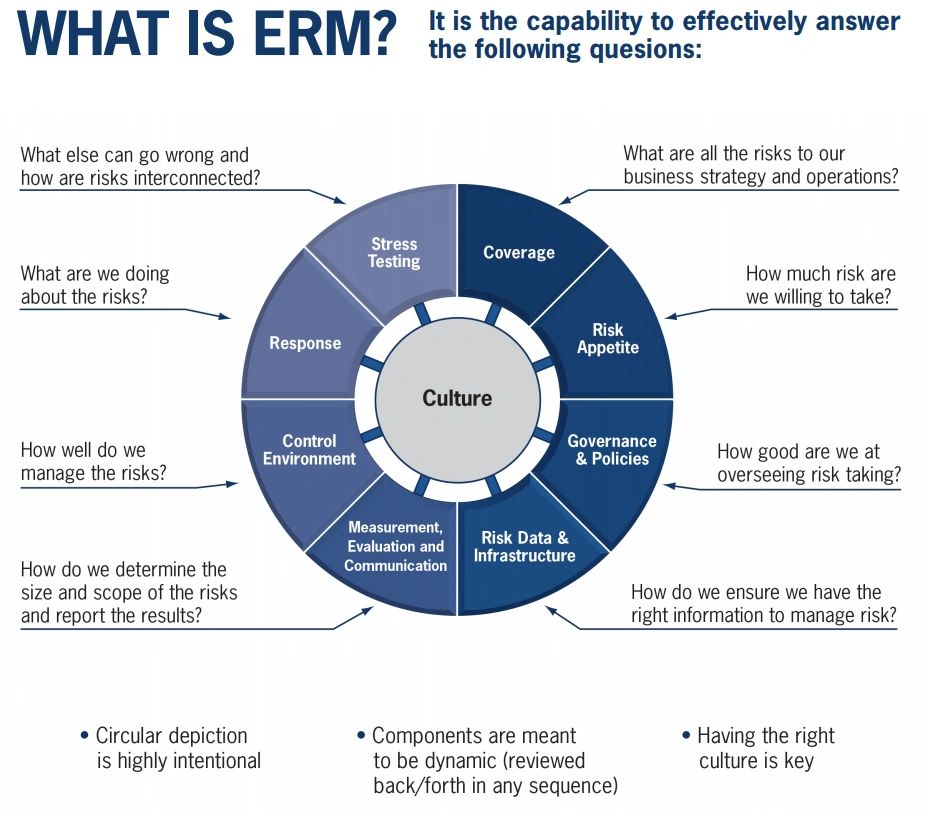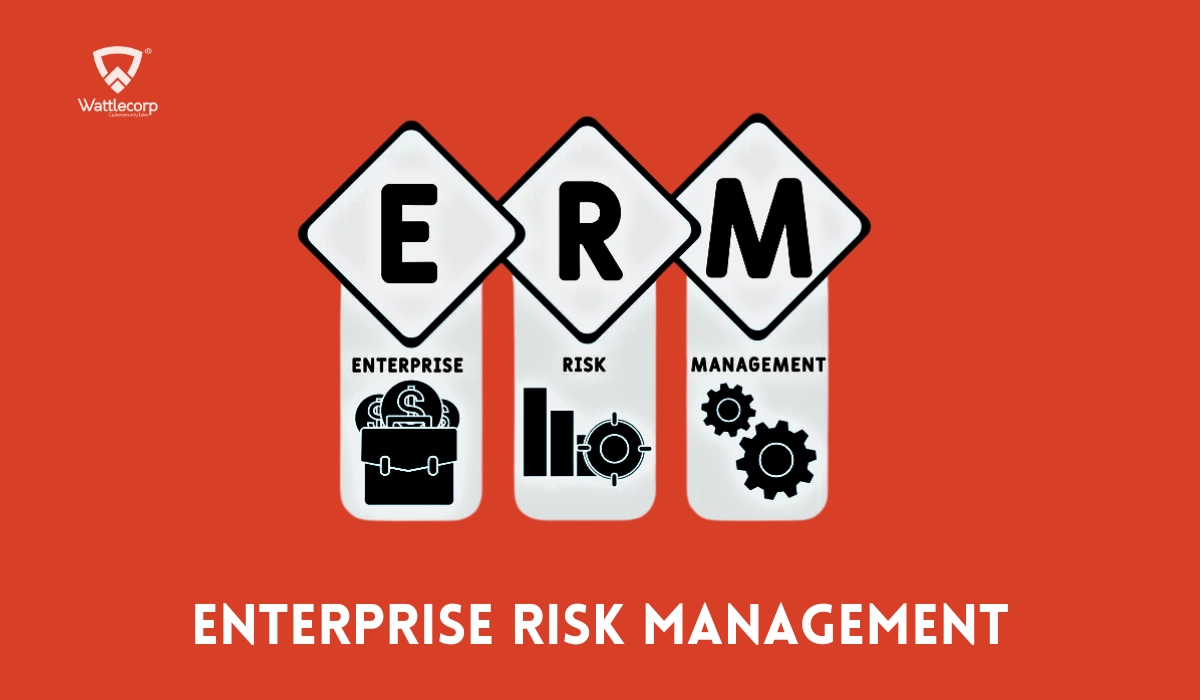Explore the Function of AI in Encouraging Ethics and Honesty to Combat Insider Threats Efficiently
The assimilation of AI in business structures has actually become pivotal in resolving expert threats. By utilizing sophisticated analytics and real-time tracking, AI systems can recognize deviations from ethical actions amongst employees (Insider threats). This positive method not only boosts conformity however likewise cultivates a setting of count on. As firms increasingly rely upon these technologies, inquiries occur regarding their efficiency and potential ramifications for workplace society. What exists in advance in the development of AI's function in promoting integrity?
Understanding Insider Threats and Their Influence On Organizations
Although companies typically concentrate on external risks, expert dangers present a considerable risk that can undermine safety and security and integrity. These hazards arise from individuals within the company, such as workers or specialists, that may abuse their accessibility to delicate info for personal gain or harmful intent. The impact of expert risks can be extreme, causing monetary losses, reputational damage, and legal ramifications.
Variables contributing to expert threats consist of dissatisfaction with the office, lack of oversight, and poor employee training on security procedures. Organizations frequently battle to recognize these dangers, as they can be difficult to find until substantial damage has taken place. Prevention methods must concentrate on fostering a culture of trust fund and accountability, together with implementing robust surveillance and reporting systems. By recognizing and attending to the intricacies of expert threats, organizations can boost their security position and secure their beneficial assets from interior threats.
The Advancement of AI in Workplace Safety And Security
As companies significantly challenge diverse protection obstacles, the integration of synthetic intelligence (AI) in work environment protection has actually evolved considerably. At first, AI applications concentrated mostly on automating standard safety and security methods, such as gain access to control and security. Improvements in equipment learning and data analytics have actually transformed AI right into a proactive tool capable of recognizing potential risks and susceptabilities in real-time.
Organizations now take advantage of AI-driven systems to examine vast quantities of data, allowing them to identify strange behavior that might indicate expert dangers. This advancement has brought about the development of sophisticated formulas that can gain from historical occurrences, enhancing the system's anticipating capacities. Additionally, AI devices are significantly utilized to simplify incident response procedures, permitting protection teams to act swiftly and properly.
Just How AI Monitors Worker Behavior for Ethical Compliance
Expert system plays an essential duty in monitoring worker habits to guarantee honest conformity within organizations. AI systems evaluate vast amounts of information created by workers, consisting of communications, purchases, and access to delicate details. By using advanced formulas, these systems can identify discrepancies from developed honest requirements and business policies.
Device discovering models continually adjust to recognize patterns of habits that might show ethical violations, such as unauthorized data access or uncommon transaction tasks. Insider threats. On top of that, AI-driven tools can provide real-time notifies to management, facilitating prompt interventions when prospective dangers are identified
The combination of AI into compliance tracking not only boosts the company's capability to maintain honesty yet also cultivates a society of responsibility amongst staff members. By promoting openness, AI systems act as a deterrent against dishonest habits, making certain that employees continue to be straightened with organizational worths and honest standards.
Analyzing Patterns: Determining Risky Behavior With AI
A growing variety of companies are leveraging AI to examine patterns that might indicate dangerous habits among employees. By utilizing innovative formulas, these systems can look with vast quantities of data, recognizing anomalies in customer behavior that might recommend potential expert hazards. For example, AI can spot unusual accessibility patterns to delicate info, such as workers accessing files outside their common extent of job or throughout irregular hours. Additionally, behavior analytics can highlight constant adjustments in a worker's communication style or partnership habits, which may represent underlying problems. This aggressive method makes it possible for companies to determine threat elements prior to they escalate into significant risks. The integration of AI right into monitoring practices not only boosts safety and security however likewise cultivates a culture of accountability and honest habits. By recognizing these patterns, organizations can better comprehend the behavioral dynamics within their workforce, eventually promoting a much safer and more honest workplace.
Real-Time Insights: Immediate Actions to Prospective Risks
Real-time understandings via anticipating analytics and automated sharp systems play an important function in addressing possible hazards to values and stability. By leveraging these technologies, organizations can prepare for high-risk behaviors and respond promptly to mitigate dangers. This aggressive technique boosts responsibility and fosters a culture of stability in various settings.
Anticipating Analytics Applications

Automated Alert Systems
Anticipating analytics supplies a foundation for companies to improve their responsiveness to ethical problems with automated alert systems. These systems make use of real-time data to keep track of activities, discovering anomalies that might represent potential insider threats. By leveraging equipment you can try this out knowing algorithms, automated informs can identify patterns of actions that differ developed norms, enabling quick treatment. This immediacy is vital in mitigating risks related to unethical methods. Automated sharp systems can improve interaction amongst relevant stakeholders, making sure that potential risks are resolved promptly and successfully. As organizations progressively depend on AI-driven services, the combination of automated sharp systems will certainly play a critical duty in fostering a culture of principles and honesty, ultimately protecting organizational properties.
Cultivating a Culture of Count On With AI-Driven Transparency
AI-driven openness can substantially boost trust within organizations by promoting responsibility and open interaction. Via real-time surveillance solutions, stakeholders can acquire insights into processes and decision-making, promoting a society of stability. Data-driven decision-making better sustains this openness, making it possible for educated selections that straighten with moral criteria.
Enhancing Openness and Liability
Just how can companies properly cultivate a society of depend on? By boosting transparency and responsibility with the tactical use of synthetic intelligence. AI can help companies methodically track decision-making procedures, making sure that actions align with recognized ethical criteria. This openness enables employees to see the reasoning behind decisions and plans, lowering uncertainty and fostering a feeling of justness. Furthermore, AI-driven devices can promote clear communication regarding duties and expectations, equipping individuals to take possession of their actions. As accountability comes to be deep-rooted in the organizational society, workers are much more most likely to participate in moral habits, knowing their activities are kept an eye on and assessed. Inevitably, this technique cultivates a setting where count on can prosper, considerably reducing the threat of insider hazards.
Real-Time Tracking Solutions
As companies progressively look for to promote a society of count on, real-time surveillance services become a critical device in enhancing openness. These AI-driven systems continually track activities, giving insights right into customer behavior and prospective abnormalities that may show insider risks. By applying such monitoring options, companies can proactively identify dangers, making certain prompt actions to dubious activities. This not only safeguards sensitive info yet additionally reinforces a commitment to moral methods. The transparent nature of real-time surveillance aids build employee confidence, as individuals are mindful that their activities are being observed for the greater good. Ultimately, these services offer to cultivate a workplace environment based in trust, liability, and moral stability, crucial for reducing insider risks efficiently.

Data-Driven Decision Making
Real-time surveillance services lay the groundwork for data-driven decision i loved this making, which significantly boosts business openness. By leveraging AI innovations, companies can evaluate substantial quantities of information to determine patterns and abnormalities a sign of potential insider risks. This analytical approach enables stakeholders to make informed decisions based in empirical evidence, cultivating a society of count on amongst workers. Openness in decision-making processes, bolstered by AI-driven insights, urges responsibility and honest behavior. Furthermore, it allows organizations to proactively resolve vulnerabilities, making certain that activities taken are warranted and connected clearly. Because of this, the implementation of data-driven strategies not only reduces risks connected with expert risks but additionally enhances the worths of stability and ethical conduct within the business framework.
Future Fads: The Function of AI in Enhancing Office Ethics
While companies increasingly turn to man-made knowledge for functional effectiveness, the possibility of AI to improve work environment principles is acquiring prominence. Future patterns suggest that AI will certainly play a necessary role in developing honest structures and standards, allowing companies to navigate complicated moral problems. By examining huge quantities of data, AI can identify patterns of underhanded actions and give understandings that promote openness and accountability.
AI-driven devices can assist in real-time monitoring of employee communications, guaranteeing adherence to moral requirements. This proactive method not just mitigates expert dangers but likewise cultivates a society of stability. As companies accept AI innovations, they have to likewise prioritize ethical shows and mathematical predisposition decrease to guarantee justness.
In this evolving landscape, the combination of AI in moral practices represents a transformative change, cultivating an atmosphere where stability is not merely expected yet systematically strengthened.
Frequently Asked Concerns
Just How Does AI Differentiate Between Benign and Malicious Actions?
AI distinguishes in between benign and destructive actions by evaluating patterns in individual actions, utilizing artificial intelligence formulas to identify abnormalities, and reviewing contextual data to determine whether actions line up with well established standards or show prospective threats.
Can AI Equipment Replace Person Judgment in Moral Decision-Making?
AI tools can not totally replace human judgment in moral this website decision-making. While they can analyze information and determine patterns, the nuanced understanding of context, worths, and ethical ramifications still calls for human understanding and discernment.
What Are the Privacy Implications of AI Checking Worker Habits?

Exactly How Can Organizations Ensure AI Algorithms Are Ethically Made?
Organizations can assure AI algorithms are ethically made by implementing clear advancement processes, involving varied stakeholders, carrying out regular audits, and sticking to well established ethical structures that prioritize fairness, liability, and respect for customer privacy and rights.
What Training Is Required for Staff to Recognize Ai's Moral Duty?
Team training should incorporate foundational AI ethics, information privacy, and bias recognition. Workshops, situation studies, and interactive sessions can improve understanding, guaranteeing staff members acknowledge AI's moral implications and its duty in fostering honesty within the organization.
Man-made intelligence plays a crucial function in checking worker actions to guarantee honest conformity within organizations. The combination of AI right into keeping track of methods not just enhances safety but likewise cultivates a culture of responsibility and honest actions. While organizations progressively encounter ethical problems and prospective honesty breaches, predictive analytics applications provide prompt understandings that can help reduce these dangers. Anticipating analytics gives a structure for organizations to enhance their responsiveness to honest worries via automated sharp systems. Future trends indicate that AI will play a necessary duty in creating ethical frameworks and guidelines, permitting organizations to navigate complex moral problems.